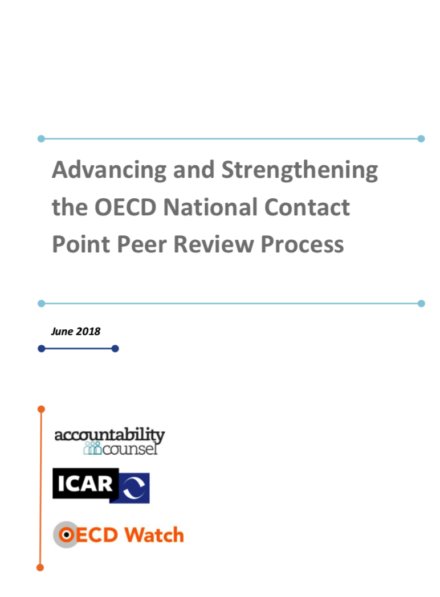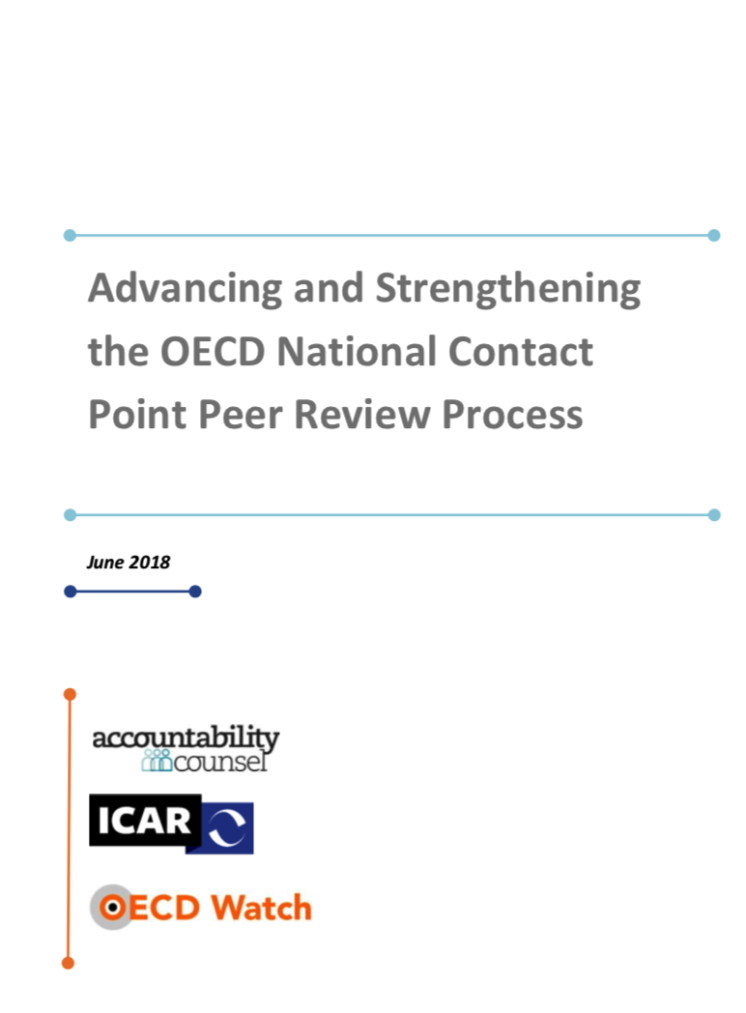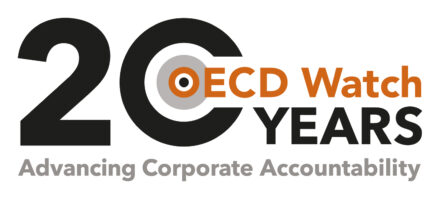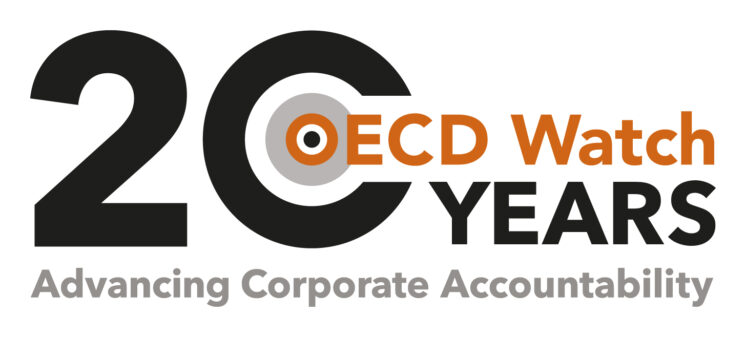So far in 2023, OECD Watch has filed four submissions for the peer reviews of NCPs Czech Republic, Hungary, Latvia, and Slovak Republic. Our submissions highlight areas for improvement of particular concern to OECD Watch in relation to the NCP’s procedures, organisational structure, and communications. OECD Watch also makes recommendations for the NCP to improve these issues.
National Contact Points (NCPs) can volunteer to undergo peer reviews, which acknowledge the strengths and achievements of the NCP under review, identify areas for improvement, and provide recommendations for doing so.
Submission for NCP Hungary’s peer review
Our submission for NCP’s Hungary’s peer review highlighted the Hungarian government’s attacks on civil society organisations since 2013. These attacks have targeted organisations seeking to hold the government accountable for corruption, environmental failures, and erosion of human rights, democracy, and the rule of law. These attacks and the deteriorating climate in Hungary is making it extremely difficult for civil society organisations to operate safely and without fear of retribution for their activities.
In this context, in OECD Watch’s view it is impossible for NCP Hungary to carry out its dual mandate effectively. The NCP cannot adequately raise awareness of the Guidelines among all relevant stakeholders, especially NGOs, if their activities are restricted to such an extent as they are unable, or otherwise unwilling, to operate in the country. NCP Hungary cannot contribute to resolving irresponsible conduct and adverse impacts related to multinational enterprises (MNEs)’ incorrect or incomplete implementation of the standards in specific instances if civil society actors do not feel they are safely able to file and/or participate in specific instances against MNEs. This is particularly so for cases alleging adverse impacts linked to the Hungarian government or MNEs with close connections to the government. This issue is particularly acute given that the majority of all NCP cases filed between 2011-2019 were submitted by civil society organisations – 40% by NGOs and 26% by trade unions. None of these cases were filed to NCP Hungary. Civil society is under attack in Hungary, either from being directly targeted by the government’s laws or indirectly as a result of the chilling effect of those laws.
OECD Watch urges NCP Hungary’s peer reviewers to acknowledge in their final report that the Hungarian government’s attacks on civil society cannot be disconnected from the ability of NCP Hungary to carry out its dual mandate effectively.
OECD Watch will publish our submissions for NCP peer reviews occurring later in 2023 on our website.
















